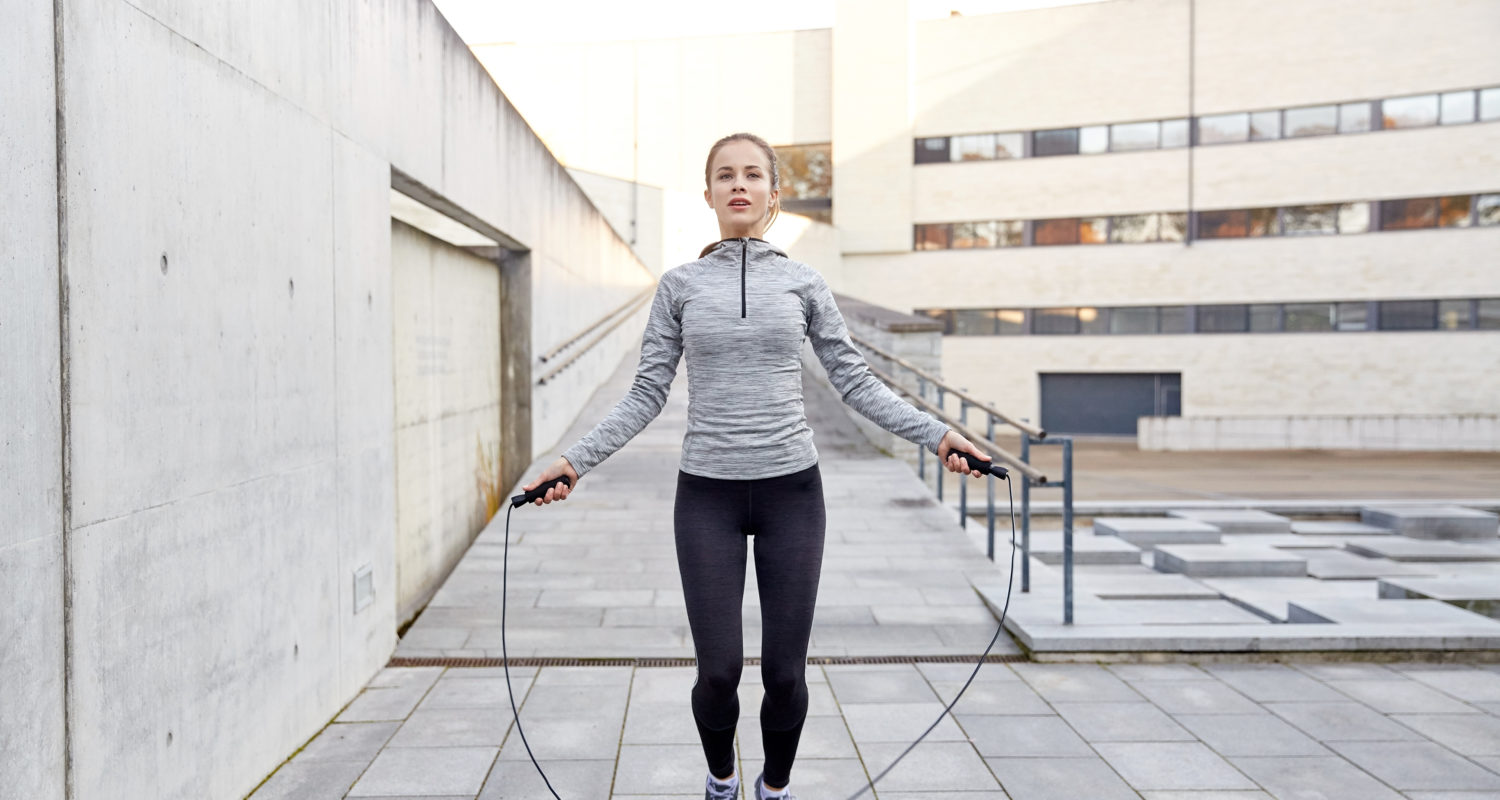
Our Osteopaths shine the light on Osteoporosis
How to maintain good bone health and density for the prevention of Osteoporosis
What is Osteoporosis?
Osteoporosis is a common condition that affects over 2.1 million Australians. The disease affects bone density and occurs when the bones start losing important minerals, such as calcium, quicker than they are being replaced.
This leads to more fragile bones and a higher risk of fractures. As the bones become thinner even a small bump or minor fall can lead to a series bone fracture. Bone density loss occurs slowly over many years and is painless. Therefore commonly the first sign of Osteoporosis is a fracture.
Any bone can be affected by Osteoporosis however the hip, spine and wrist are the most commonly fractured. Fractures can lead to chronic pain and disability so it is important to manage bone health and prevent these injuries.
RISK FACTORS
Women over 50 and men over 70
Low level of exercise
Smoking
Excessive alcohol intake
Family history of low bone density
Weight – thin body type or obese
MENOPAUSE AND BONE HEALTH
Oestrogen (a hormone predominant in females) plays a large role in the maintenance of bone strength and when oestrogen levels drop, the loss of bone calcium and other minerals accelerates. Therefore postmenopausal women are affected more commonly than men of the same age. The average woman can lose up to approximately 2% of bone density per year after menopause.
What can you do to maintain good bone health?
IMPROVE DIETARY INTAKE OF CALCIUM AND VITAMIN D
Calcium combined with other minerals form hard crystals that give your bones their strength and structure. Almost 99% of the body’s calcium is found in bones but the brain and blood also require a good amount of calcium, so when your blood level of calcium is low, the brain breaks it down from your bones. Therefore if you are breaking down more than you are depositing into the bone, your bone density will gradually decline.
FACT: Less than half of all Australian adults get their daily recommended intake of calcium
How much calcium do I need? Adults require 1,000 mg per day (preferably through diet) which increases to 1,300 mg per day for women over 50 and men over 70. It is suggested by Osteoporosis Australia that this is ideally ingested through your diet. You should be aiming to have 3-5 serves of calcium rich food per day. These foods include – Dairy foods contain a high level of calcium which is easily absorbed. Canned salmon or sardines, broccoli, Bok Choy, silverbeet, cucumber, celery and chick peas.
Vitamin D is important in helping you absorb and regulate calcium in your body. For most of us the main source of vitamin D is from exposure to sunlight. Vitamin D is produced when our skin is exposed to ultraviolet B (UVB). We need a relatively low amount of exposure to get the adequate amount, however most Australians are Vitamin D deficient. It is important to balance the need for sun exposure for vitamin D, while at the same time avoiding the risk of skin damage.
How much Vitamin D do I need? As a rough guide Melbournians should have a few minutes of exposure to the sunlight each day in summer and then in Winter, 2-3 hours per week.
Calcium fact sheet from Osteoporosis Australia can be found here
Vitamin D fact sheet from Osteoporosis Australia can be found here
EXERCISE TO IMPROVE AND MAINTAIN BONE DENSITY
Just like muscles our bones become stronger the more load is put through them. The amount of load needed for healthy bones changes as we age however, regular weight bearing/resistance based exercise (3 times a week) in our older years is very important. For the elderly the focus should shift to increasing and maintaining muscle mass and strength and address risk factors for fractures, such as balance.
Note: certain exercises like swimming and cycling may be good for general health but have little benefit to bone health.
Our Osteopaths can design a exercise program, specific for your age that will help address the common exercise requirements for good bone health. If you have any queries regarding Osteoporosis or you are after further information on anything discussed in this blog, speak to us at Health and Balance and we will happily point you in the right direction
Or Make a booking today at to see what Osteopathy can do for your overall Health and Balance BOOK ONLINE
